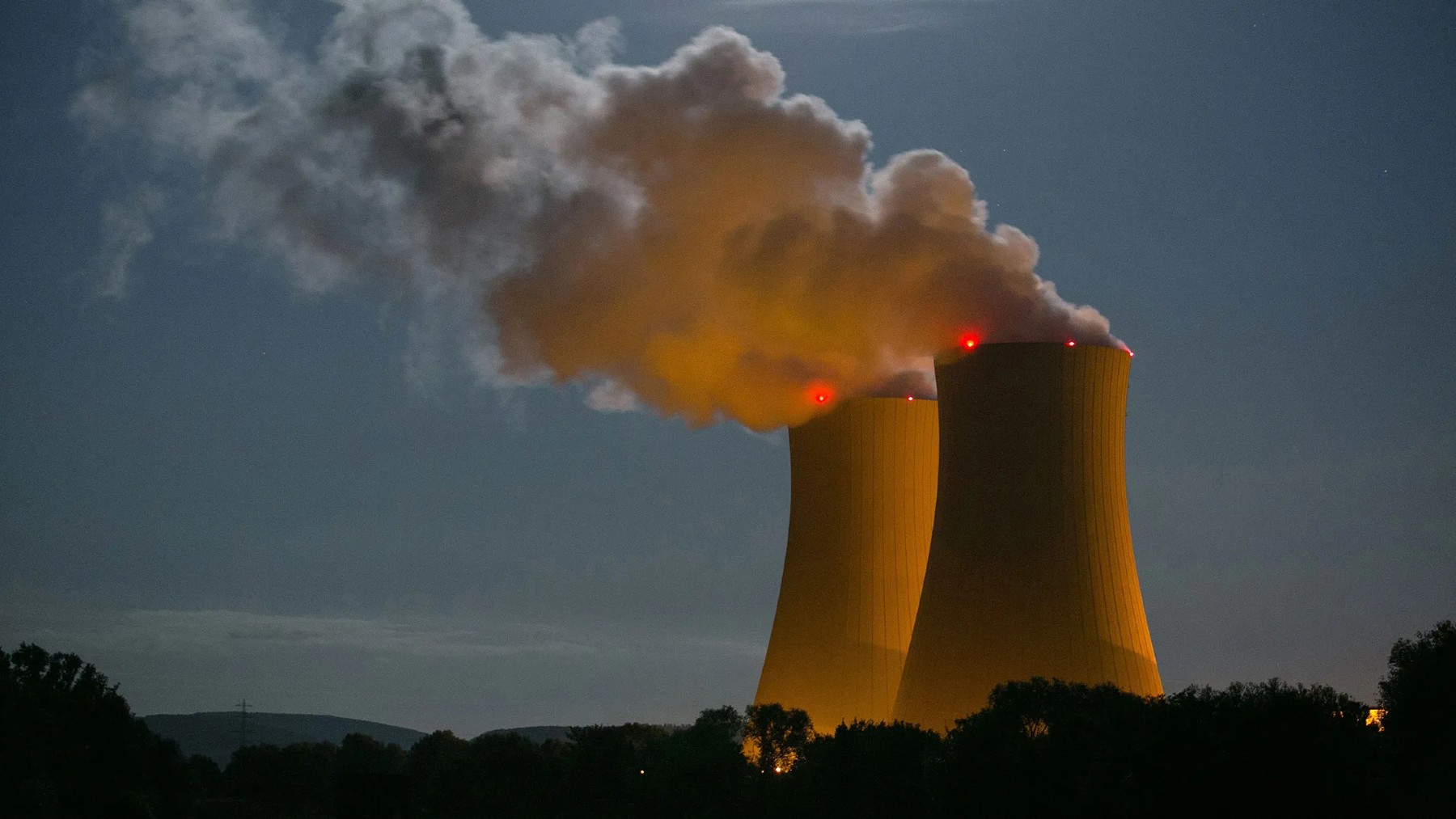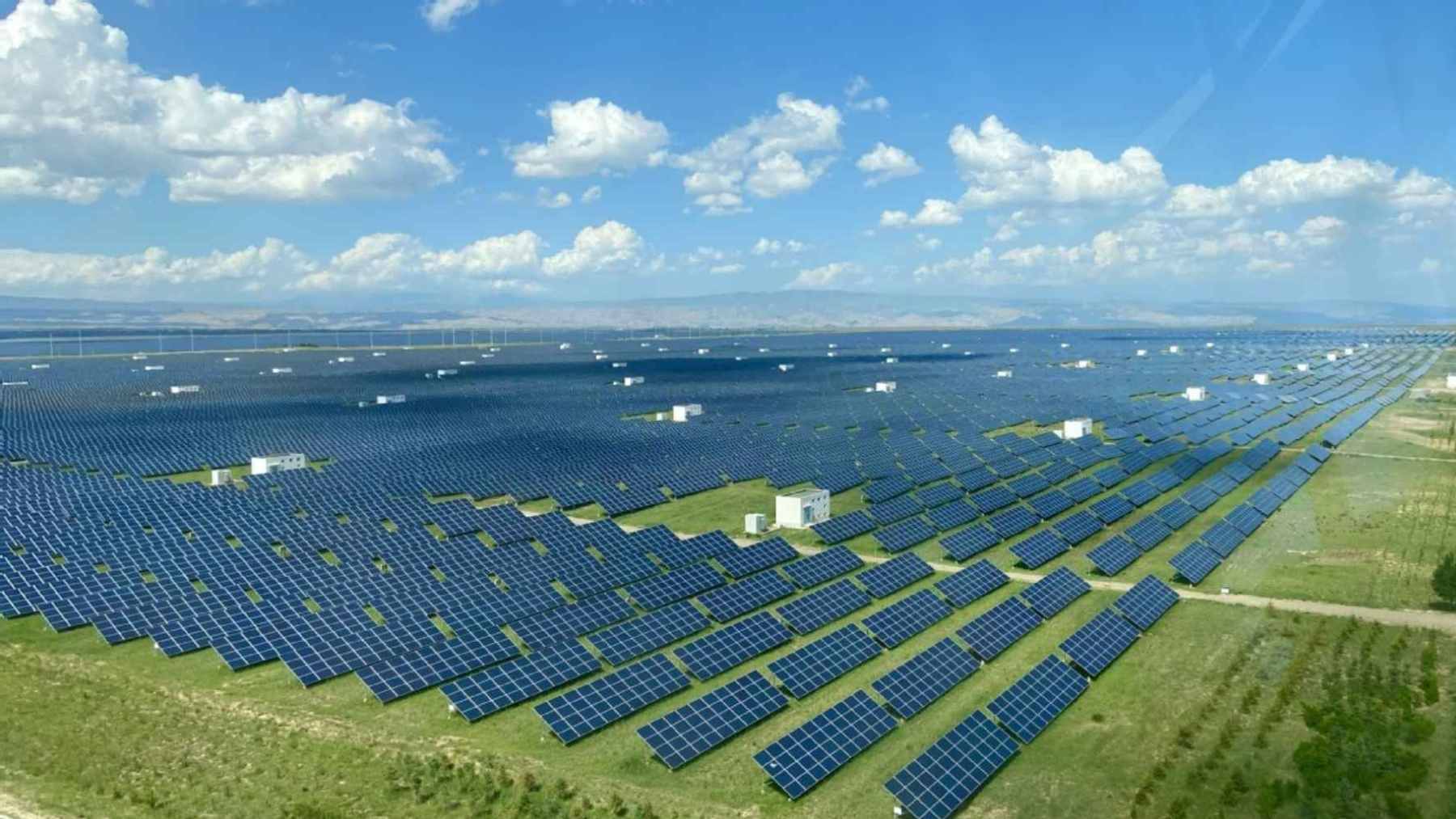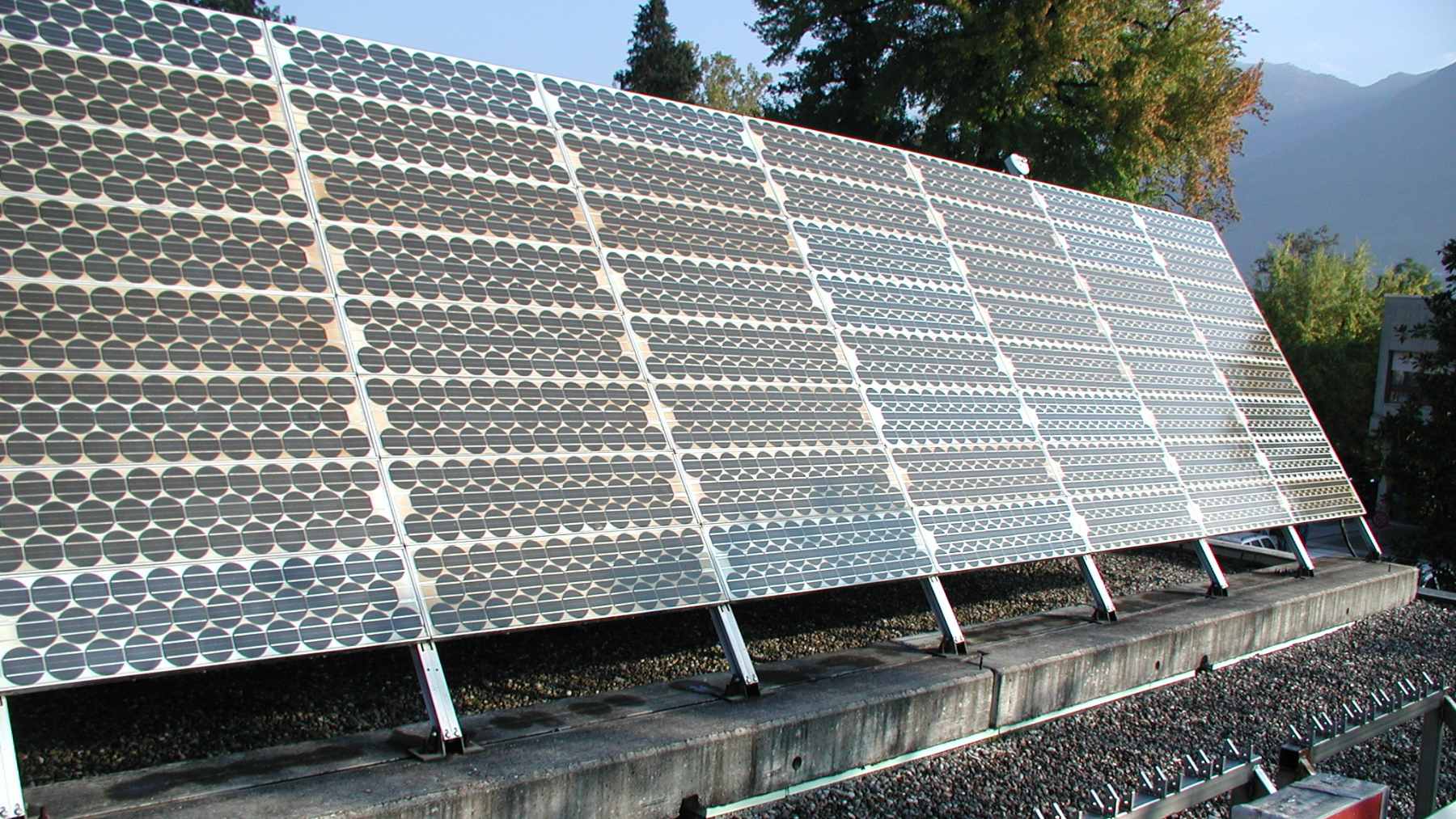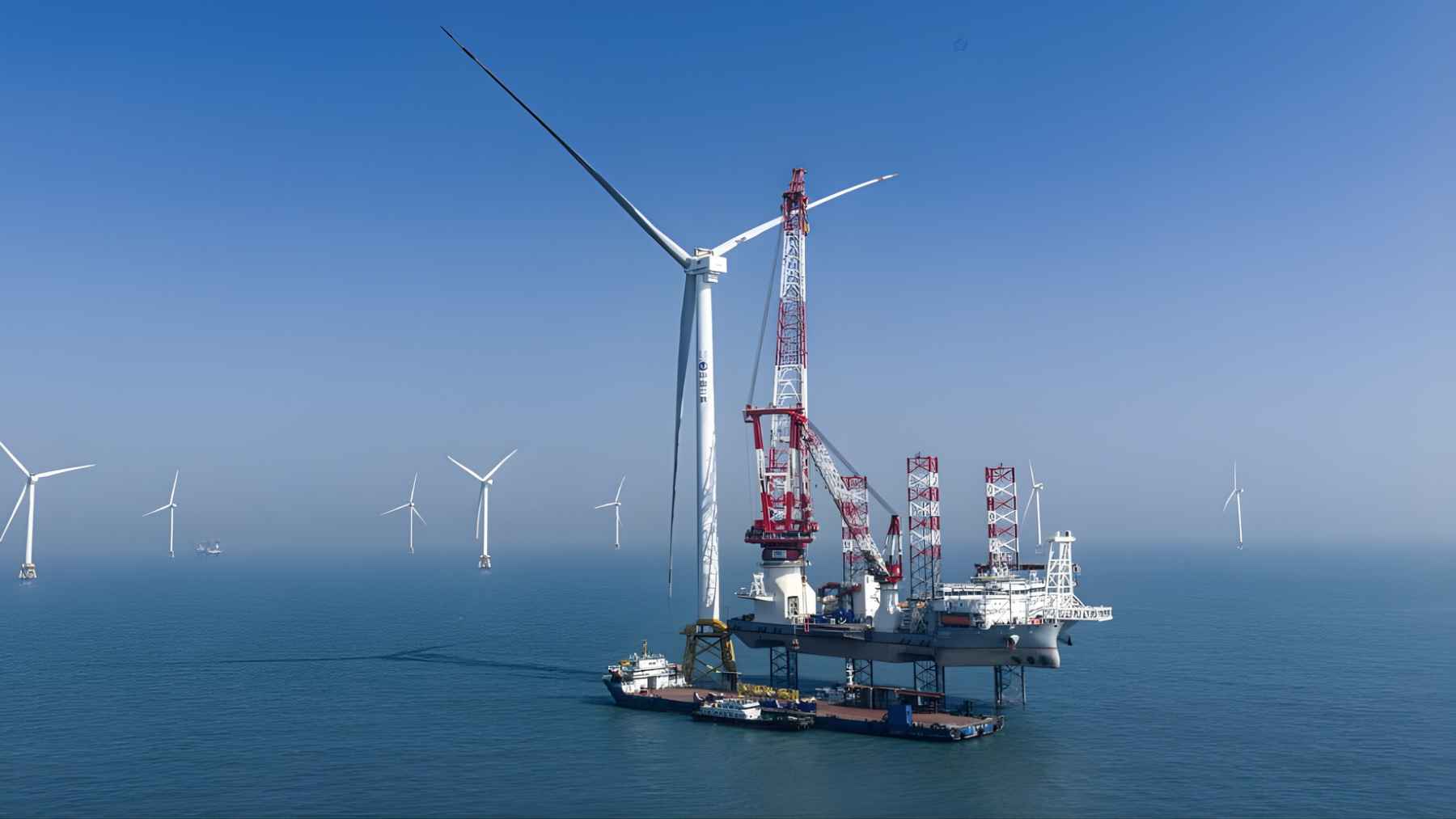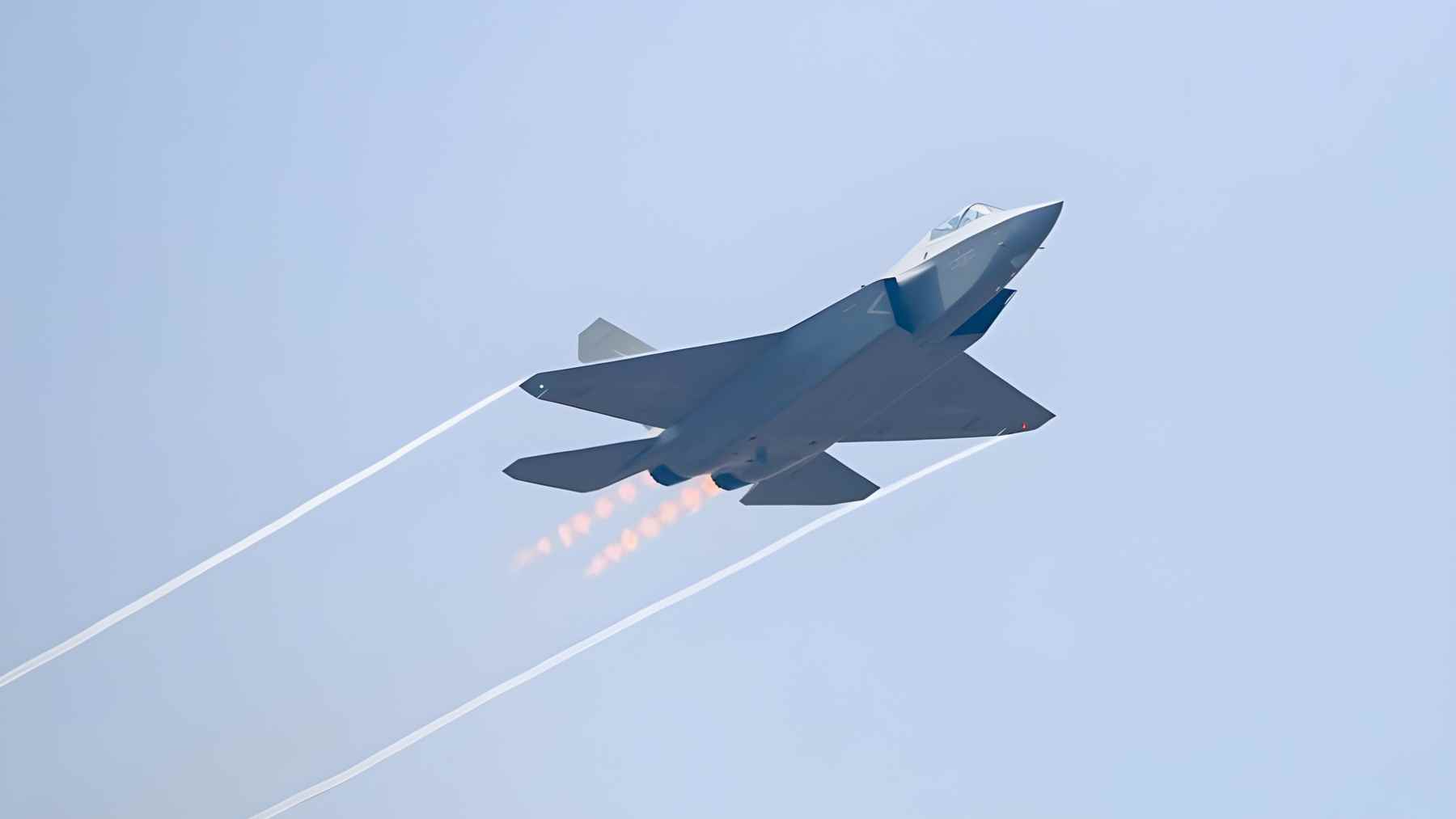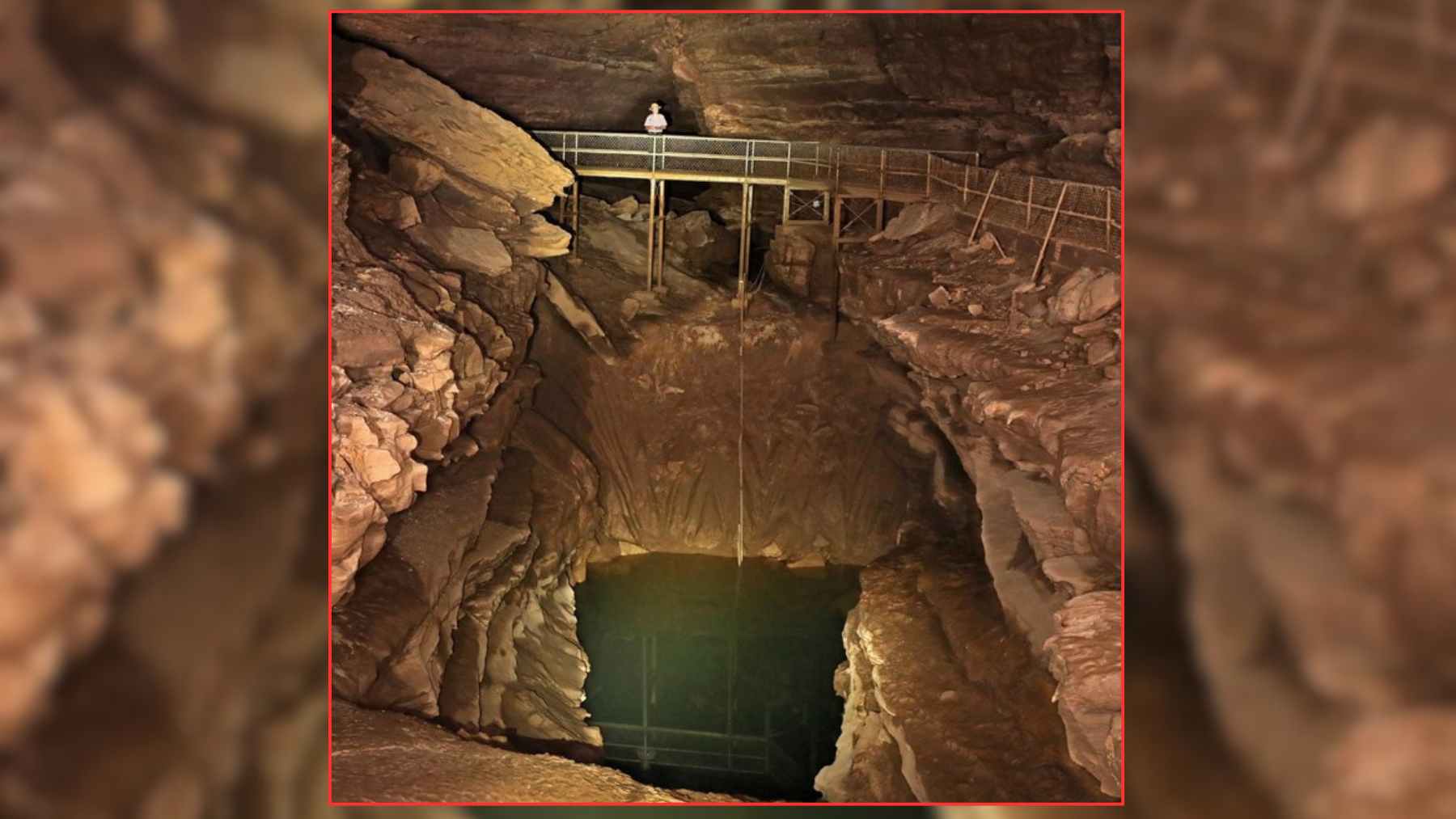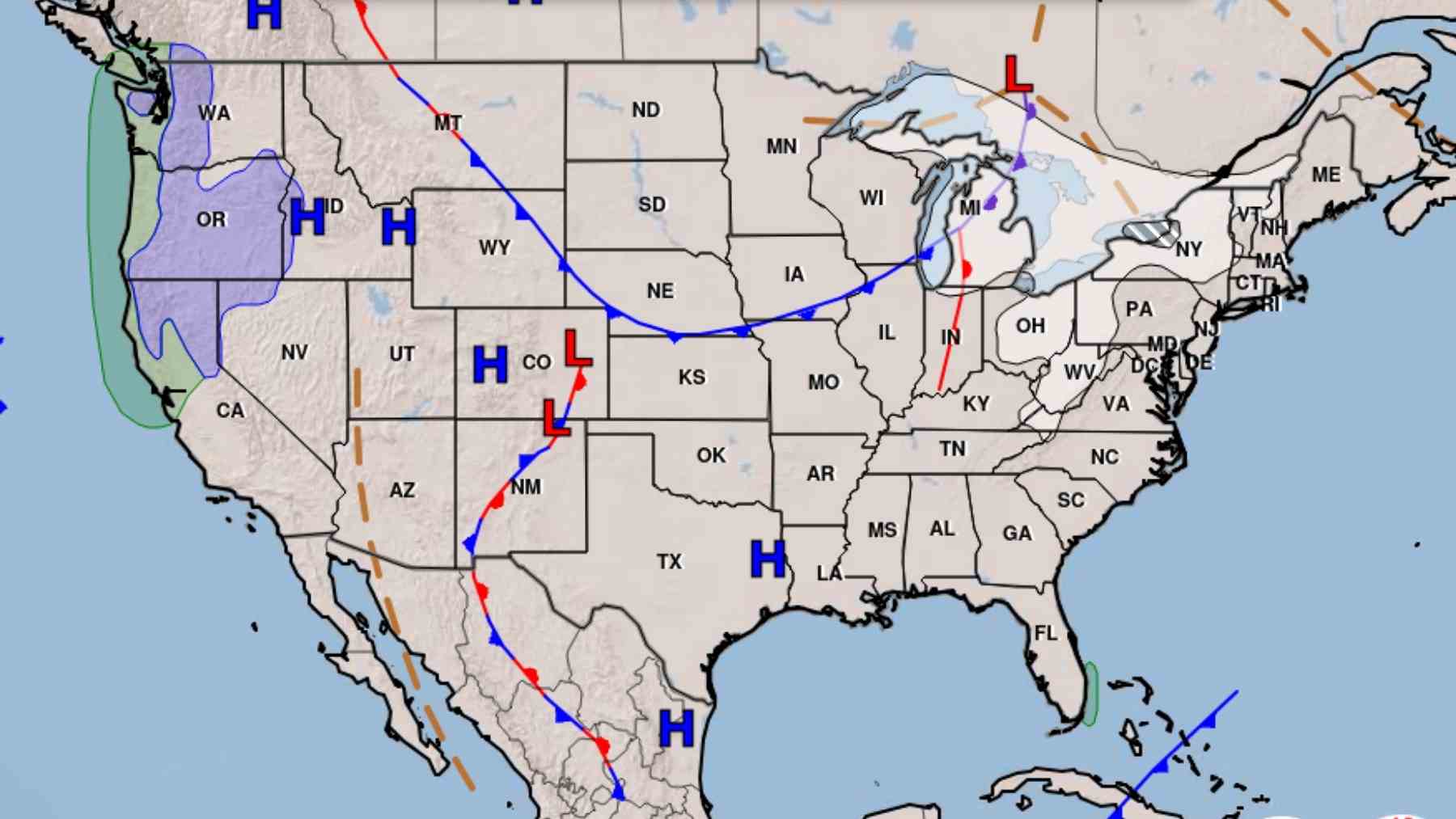With the rising global tensions, Europe is gradually becoming the epicenter of the nuclear power competition. A recent development has escalated these concerns: Kazakhstan’s decision to go nuclear.
Although it may sound like a regional problem, it is one with European roots, especially considering the sensitive state of the energy market and Russia’s increasingly uneasy attitude towards changing alliances.
Kazakhstan’s nuclear power expansion could change Europe’s energy landscape
On October 6, 2024, the population of Kazakhstan decided on a historic question in the referendum, where 71.12% of the voters voted for the construction of the first nuclear power plant in the country.
This decision is a new step in the development of Kazakhstan, the country that has suffered from the Soviet nuclear tests conducted on its territory. Although it will help solve acute energy problems, it has generated concerns about the gradual shift of the Kazakhstani focus to nuclear fuel and technology, particularly from Russia.
For Kazakhstan, nuclear energy potential provides energy security and diversification out of hydrocarbons. Still, it also implies deeper entrapment in geopolitical dependence on Russia, which Kazakhstan wants to mitigate as it tries to evolve from its dominant neighbor.
Although Kazakhstan’s aims for nuclear power are vast within the Central Asia region, the consequences are felt beyond just its borders. Europe and more so France are keen on these developments. Kazakhstan has been seeking oil and gas supplies from Western countries, especially France, to cut its dependence on Russia.
The recent statements of President Tokayev also indicate the change in the geopolitical vector, which Kazakhstan has taken on the role of a “middle power” that is aimed at reaching an equal partnership with other countries. In the case of deepening nuclear cooperation with France, which has rich nuclear experience, Kazakhstan can significantly shift the energy balance of Europe.
Russia, which has always been the leading consumer of Central Asian energy, is gradually becoming worried about the ability to control the energy source in the region.
This development in Kazakhstan suggests that Europe could soon have another weapon to fight Moscow’s energy hegemony. As Kazakhstan considers entering nuclear energy, Europe might find a new and dependable energy source and simultaneously lessen Russian dominance.
How Kazakhstan’s nuclear energy decision could impact Russia-West relations
Once again, Kazakhstan’s nuclear dreams tell more about the worldwide big-power strategic rivalry. Thus, the desire for Kazakhstan to switch to nuclear power is not only an energy choice; it’s also a statement to Russia and other world leaders about the country’s new role on the world stage.
In its efforts to secure French and other Western partners, Kazakhstan is actively managing its foreign policy to not over-rely on Russia. For Russia, the implications are clear: the decline in influence in the CAC region is not only a threat to its energy stakes but also political control over some of the countries in the area.
With Kazakhstan trying to build a new form of cooperation with countries beyond its traditional partners, Russia may be allowed to be left out of a region once considered part of the Russian sphere of influence. As Kazakhstan moves to align itself with Europe, this nascent animus is a new tension in Russo-Western relations.
Kazakhstan’s nuclear power ambition: A catalyst for Europe’s energy diversification
The combination of these dynamics and the essence of the crisis is energy security at the core of the geographical transformation. Europe, which is steadily becoming dependent on the import of energy, is looking for new sources of energy that are not under Russian domination.
The Russian energy export reduction could be compensated in Europe with the help of the potential of Kazakhstan as the country may become one of the energy leaders in the continent.
The relations between Kazakhstan and France could also serve as a trigger for the whole range of regional cooperation with Europe as a partner, which has ambitious plans towards carbon neutrality and diversification of energy resources.
In addition, the emerging field of peacebuilding and security-related processes and Kazakhstan’s geographic position as a regional energy center can contribute to its expanding international relations.
In particular, by developing its relations with France and other European countries, Kazakhstan is ensuring its future while contributing to developing world energy security.
This new relationship, characterized by cooperation in nuclear energy, places Kazakhstan on the map of energy suppliers and global politics.
In conclusion, Kazakhstan’s decision to go nuclear is a shift in the strategic decision-making process that characterizes the strategic environment. While Russia has had a problem with the fact that it may lose its influence in Central Asia, Europe is likely to gain from this change.
Kazakhstan’s drive for energy self-sufficiency and courting of Western nations, as well as the nuclear power race, is as much about technology as it is about the alliances that will shape the world of the 21st century.
